In recent years, "vegan" leather has become a buzzword in the world of sustainable fashion. Brands tout it as an eco-friendly, animal-free alternative to traditional leather, appealing to conscious consumers who want to reduce their environmental impact. But is vegan leather really as green as it seems?
What Is Vegan Leather?
Vegan leather is often marketed as an eco alternative to traditional leather. It’s typically made from synthetic materials like polyurethane (PU) or polyvinyl chloride (PVC)—both of which are types of plastic. While avoiding animal-based leather may seem like a positive step, the environmental cost of these synthetic alternatives is far from green.
The Problem with Vegan Leather
One of the biggest issues with vegan leather is that it’s often made from plastic-based materials. These materials are derived from fossil fuels and can take centuries to break down, contributing to long-term environmental damage. Just like fast fashion, many vegan leather products shed microplastics into the environment during their lifecycle, which can harm wildlife and pollute our oceans and waterways.
Is Vegan Leather Just Greenwashing?
Greenwashing happens when companies make misleading environmental claims to appeal to eco-conscious consumers. In the case of vegan leather, the term “vegan” is often used to suggest that a product is inherently better for the planet. However, many of these products still have significant environmental impacts due to the plastic content.
By focusing solely on the fact that vegan leather is free from animal products, companies can distract consumers from the harmful effects of plastic-based alternatives. This is a classic example of greenwashing—where the marketing doesn’t match up with the product’s real environmental footprint.
Since most mainstream vegan leather products are still made from plastic blends, it’s essential to scrutinise their environmental claims carefully.



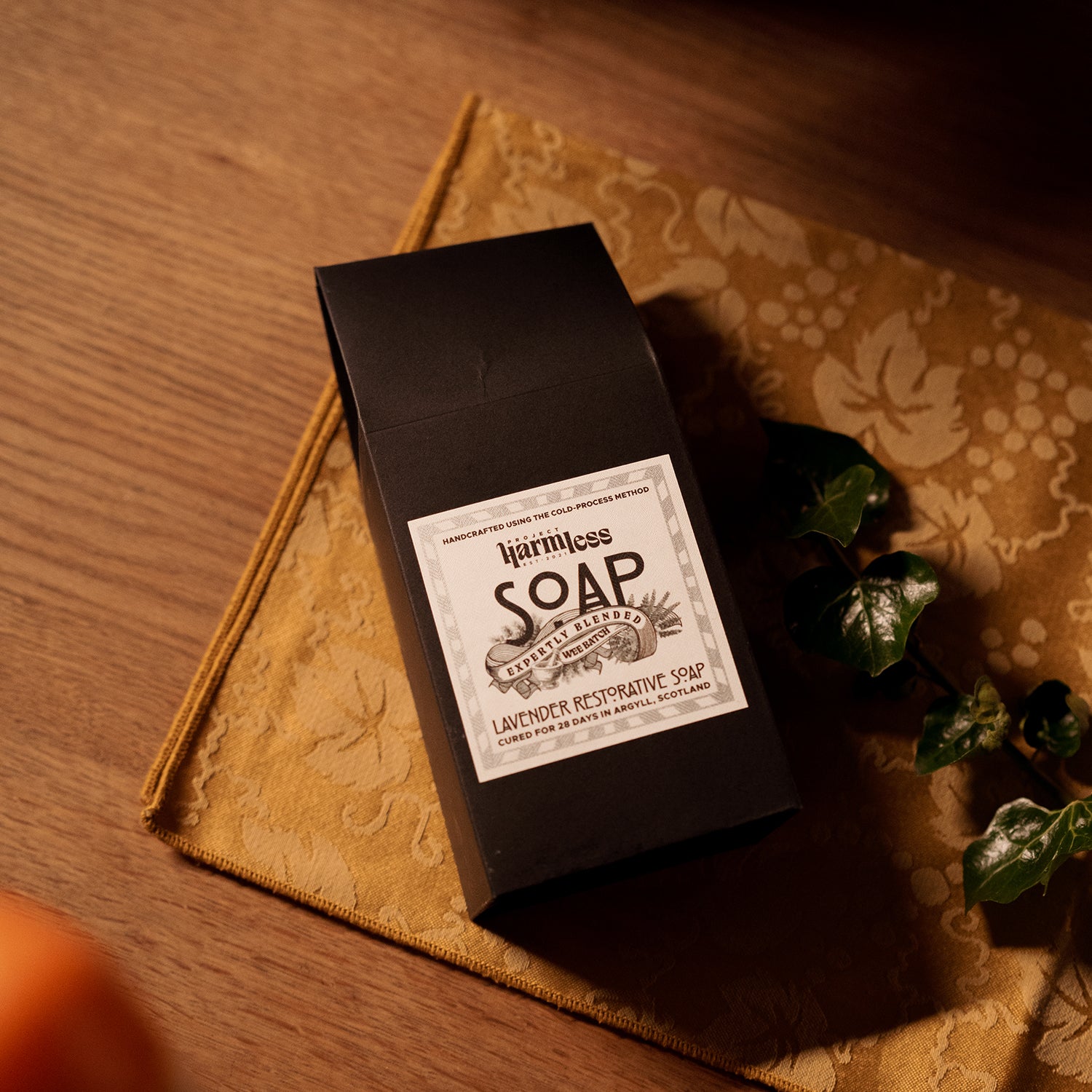
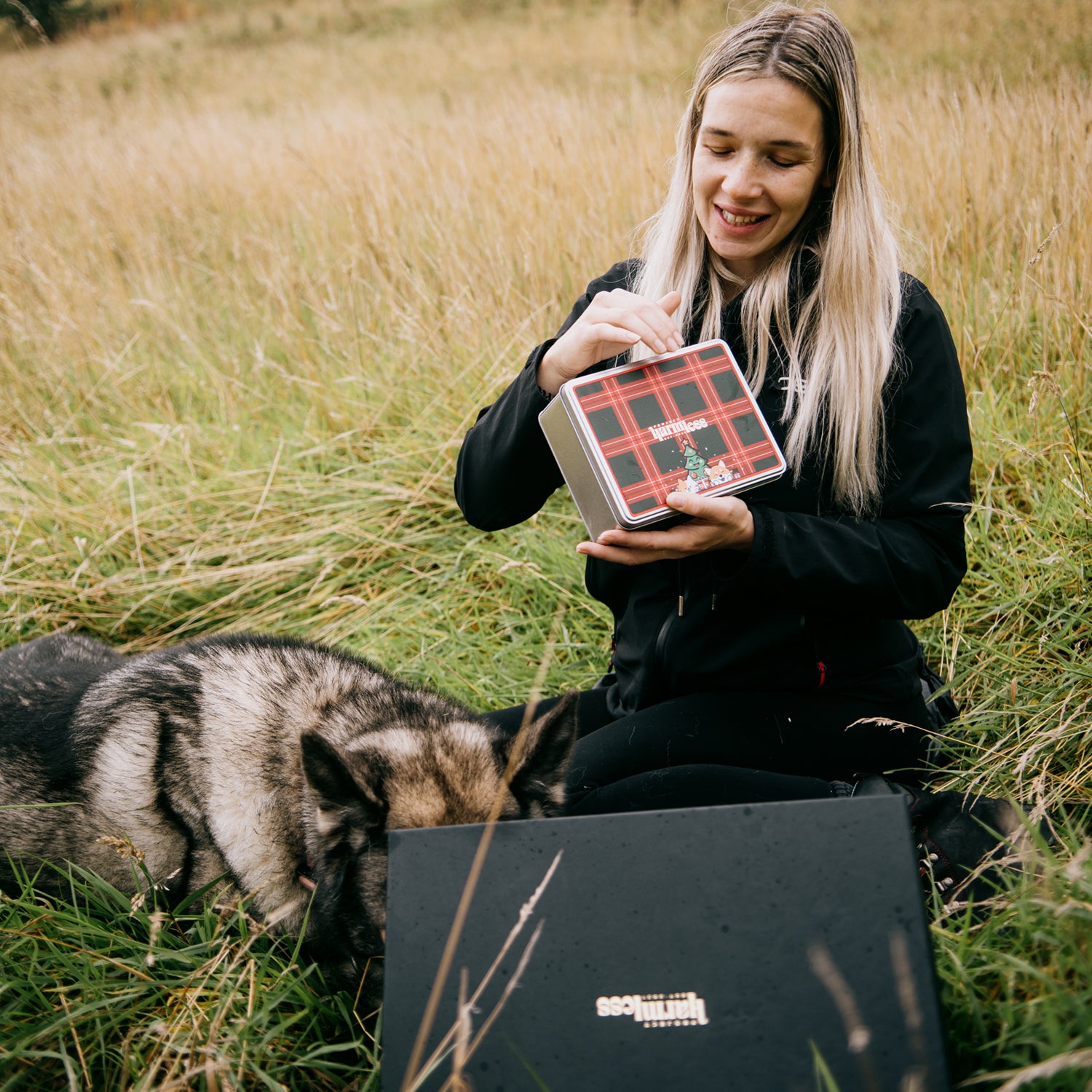
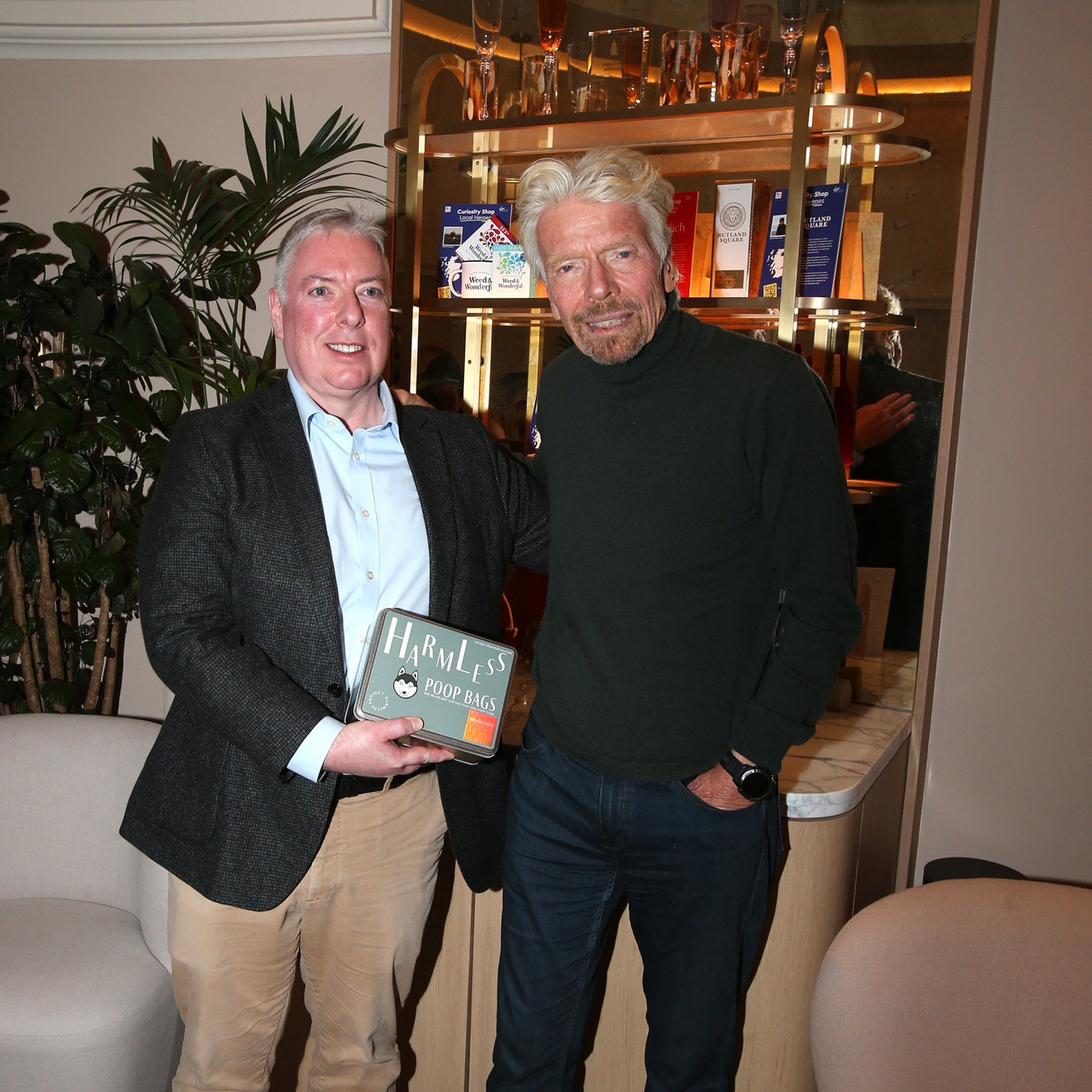

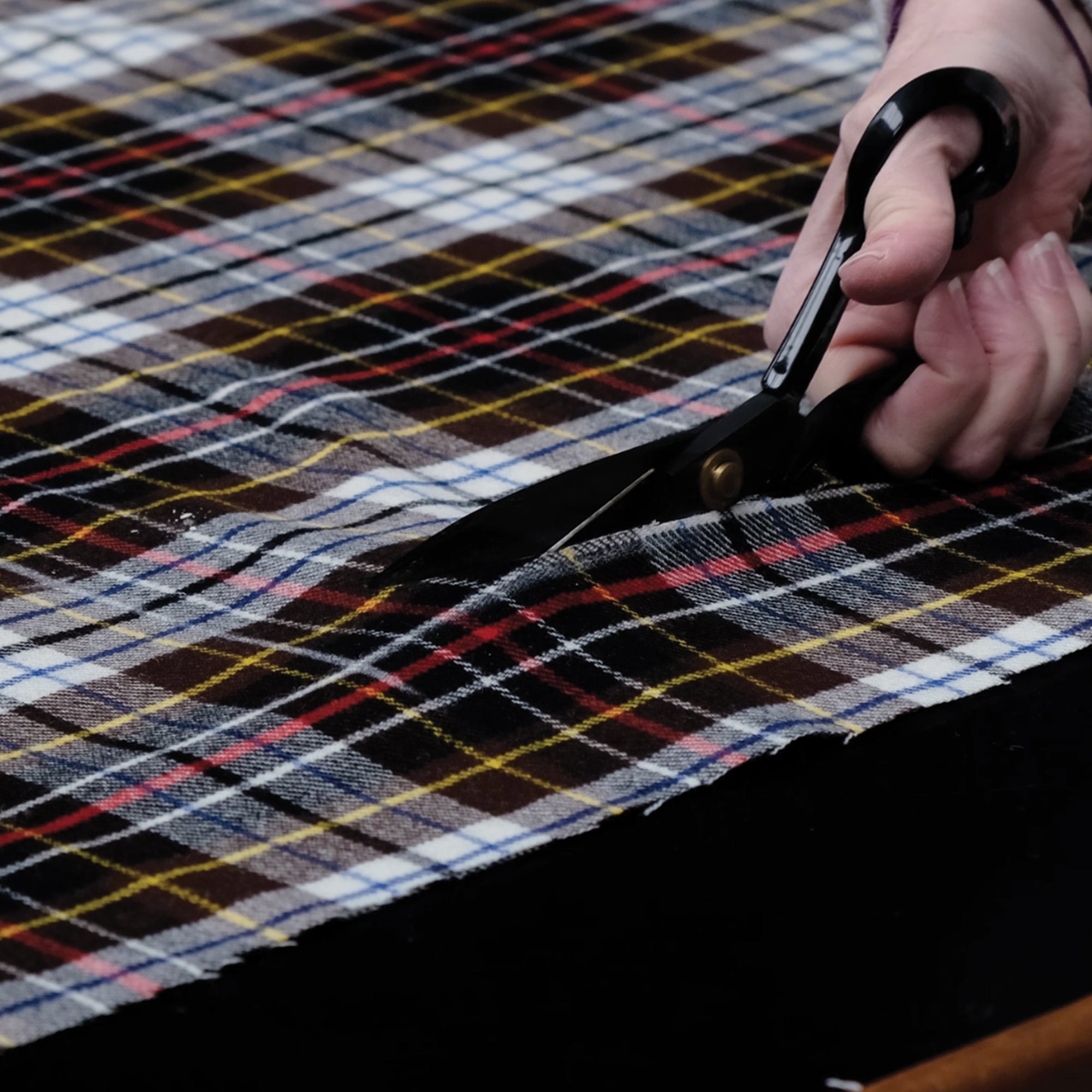

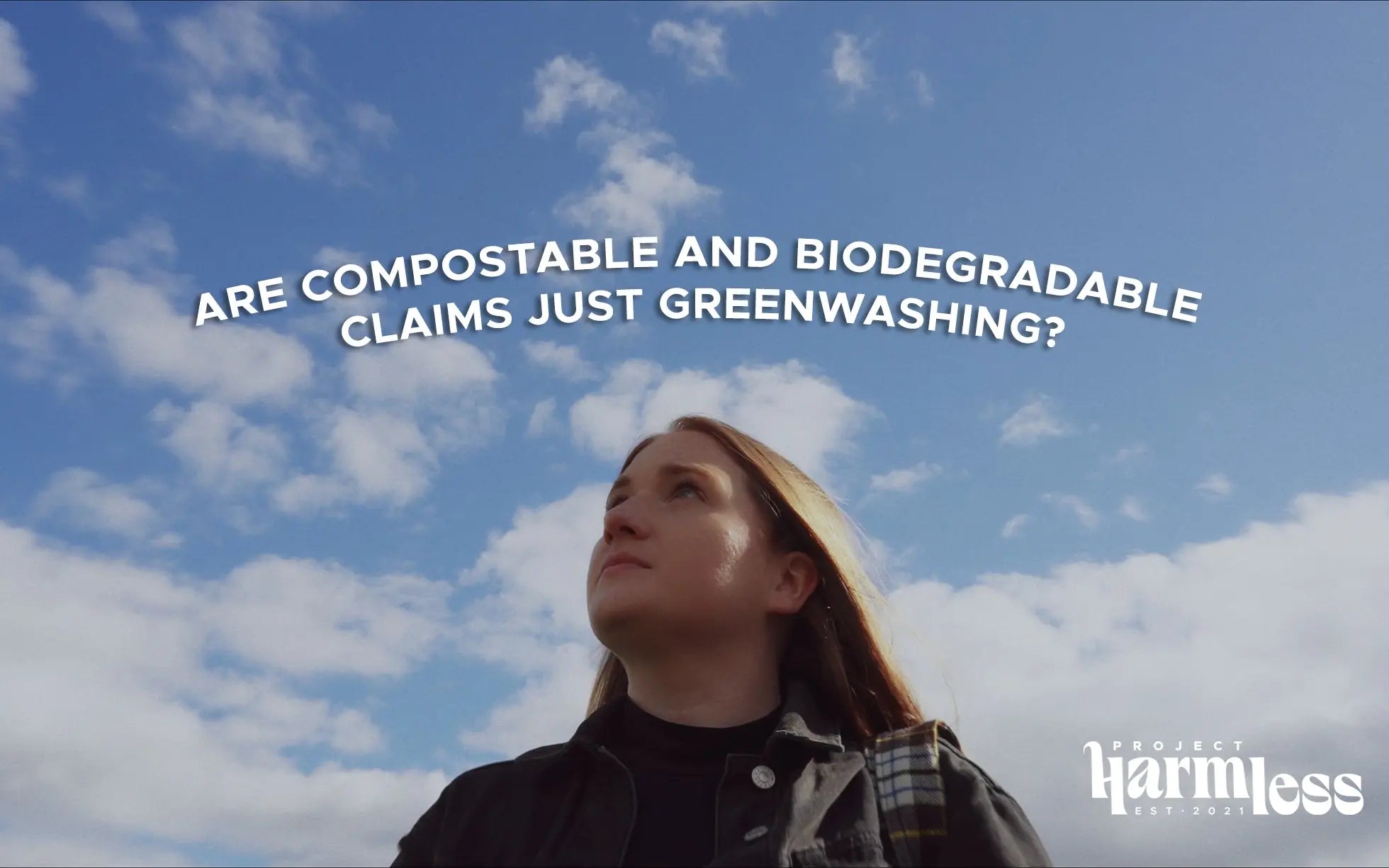

Leave a comment
This site is protected by hCaptcha and the hCaptcha Privacy Policy and Terms of Service apply.